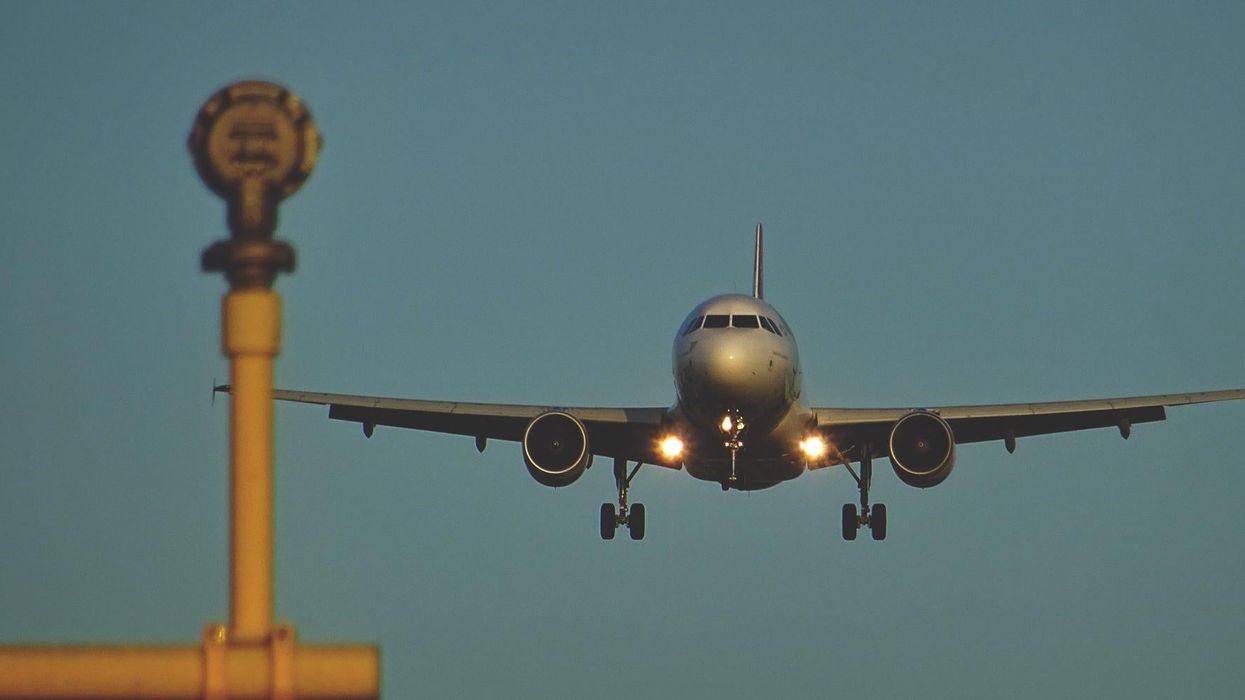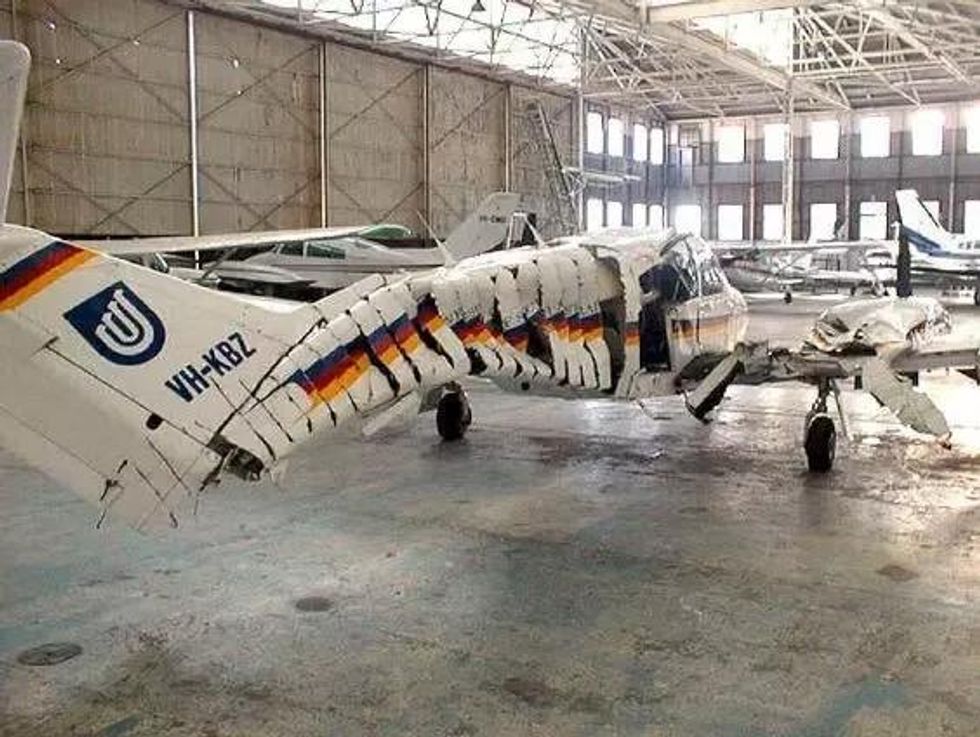News
Joe Shelton
Apr 01, 2017

Joe Shelton is an author, pilot and aircraft owner, he explained to Quroa what a pilot can do if a plane's breaks are broken and they're coming in to land.
It is possible to get a good indication of whether the brakes will work BEFORE touching down. Part of my arrival checklist is to test the brake pressure by pressing on both brake pedals. On my current airplane there are two brake actuators, one on each rudder pedal. On my first airplane there was a lever, not unlike a parking brake lever. You test them by applying pressure. If the pedal or lever stays firm indicating pressure then you have a good indication that the brakes will probably work. No guarantees though.
If you press (or pull) and the pedal (or lever) moves through its full motion with no back pressure, then you’ve very likely lost the brake system hydraulics.
Here’s the interesting conundrum. On some aircraft the brakes (which typically only activate on both Main Landing Gear and not the Nose Gear), are operated by one hydraulic system. On some aircraft their are two independent hydraulic systems, one for the left main landing gear brakes and one for the right. The pilot MUST understand his aircraft’s systems.
Testing the brakes before landing can give you ample warning so that you can apply some pre-landing preparations.
Mainly, given that the pilot discovers the issue before touching down, the logical choice is to land at the airport with the longest runway possible. Say your intended destination has a 2,600 foot runway, but just 30 miles away is a commercial airport with a 10,000 foot runway. Where do you think you should try to land without brakes?
Personally, unless you know the airport well, I wouldn’t land in the grass or dirt. The runway was designed to land on. There’s too much chance that you’ll hit something (like a taxiway) if you land off runway. Here’s something that explains why not: Joe Shelton's answer to Is it better for a plane to crash land on a runway or the grass next to it?
Typically, you’ll want to land with full flaps; most pilots do that anyway, but it will help slow the aircraft during rollout. You can use dynamic braking by holding the nose up. Land with speed brakes extended if the aircraft has them, etc.. If you have a choice, land INTO the wind because the wind will help slow the aircraft. Don’t try a crosswind landing if you have a choice. If you are flying a multiengine aircraft you can potentially use differential power to help steer the aircraft.
If you don’t discover that you have a brake failure until after touching down, then you try to keep the aircraft under control and not hit anything. Your best choice is almost always to keep the aircraft rolling straight down the runway until it stops. Maybe alternating slight left and right turns to scrub off speed as you slow down. You’ll steer with the rudder pedals; which either operate the nose wheel steering or on some aircraft with a full castering nose wheel the rudder alone will be used for steering since the brakes don’t work. If you’re in an airplane with a full castering nose wheel, I wouldn’t try scrubbing off speed, the rudder loses its effectiveness as the aircraft slows.
Once firmly on the ground, stop the engine(s) to help ensure that you won’t do as much damage should it run into something. Eventually, you might run off the end of the runway into grass or dirt but that should help slow the aircraft to a stop.
My personal opinion is that without brakes once the airplane is stopped, don’t try to start the engine and taxi off the runway unless you are 100% sure you can control the aircraft. It would be a shame to successfully land with no brakes and THEN run into something after the fact.
Here’s what a possible brake failure might do to another aircraft if you don't stop the engine.
All in all, especially given a long enough runway, landing without brakes shouldn’t be a particularly harrowing experience.
Top 100
The Conversation (0)














